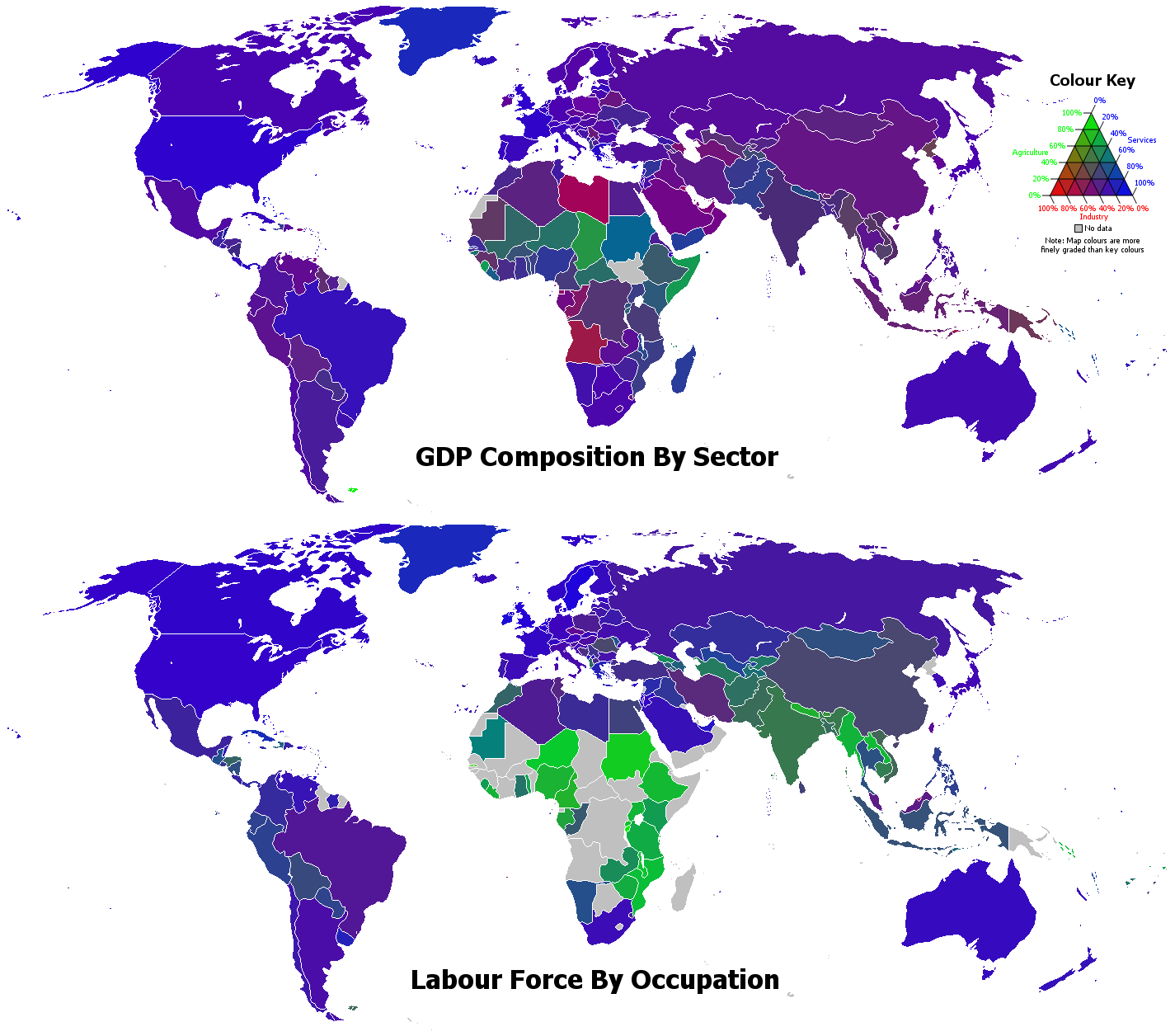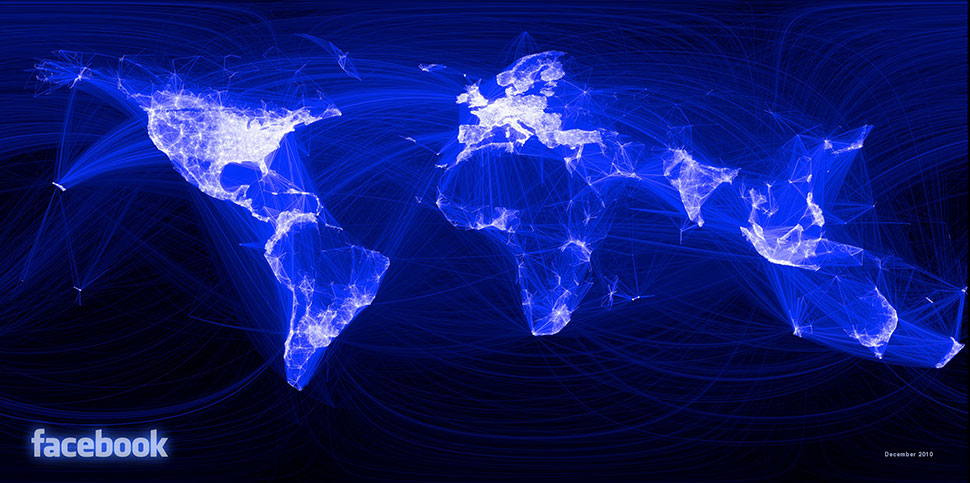Nigeria-based Telecoms Infrastructure Group Raises $2.6bn
IHS in biggest African fund raising since crisis
Daniel Thomas and Javier Blas in London
The largest African fundraising since the start of the 2008 financial crisis shows the Ebola crisis has not deterred investor interest in the continent.
Nigeria-based IHS, the telecoms infrastructure group, has raised $2.6bn in equity and debt in one of the biggest private funding packages for an African business.
The company will raise $2bn in equity from a consortium of Asian, European and African investors alongside a loan facility of $600m. Money has also been raised from existing shareholders, which include funds managed by Goldman Sachs, Wendel of France and Emerging Capital Partners, the private equity group.
Issam Darwish, IHS chief executive, said the fundraising showed the depth of the financial market for businesses in Africa.

Asked about the impact of the Ebola crisis in his talks with investors, he said: “Africa has its own risks, but with the kind of returns that investors get [nowadays] from Europe and the US, Africa is a strong alternative on a risk-return basis.”
The African Development Bank (AfDB) estimates the continent will attract a record of nearly $85bn in foreign inflows this year, as investors pour money into local securities markets, infrastructure and factories.
Over the course of the year, big foreign investors such as state-owned Temasek of Singapore and Kohlberg Kravis Roberts, the private equity firm, have announced a big push into Africa.
Barack Obama, US president, also hosted the first US-Africa summit in August, pushing American businessmen to invest into the region.
IHS said the money would be used to pursue deals to buy mobile cellular towers from telecoms groups such as Bharti Airtel of India and Etisalat of the United Arab Emirates. IHS owns the towers and then leases access back to the operators.
The company will also use the funds to pay for its $2bn acquisition of more than 9,000 towers from MTN of South Africa. The deal made IHS the largest towers group in Africa, with about 20,000 sites in Nigeria, Cameroon, Rwanda, the Ivory Coast and Zambia.
IHS plans to build new sites and improve existing towers with solar power systems and efficient generator units.
Mr Darwish said IHS would seek an initial public offering in the coming years on an international stock exchange.
Tower sites can be expensive to operate given the need to provide power to often remote areas, as well as the costs of upkeep and security in crime-prone countries such as Nigeria.
“The contribution of our investors significantly strengthens our position and the ability to move into the next phase of growth and development with confidence,” he said. “We are clear in our ambition to play a leading role in the creation of the widest, most efficient and reliable mobile networks in Africa. The social and economic benefits to the local economies where we operate are significant.”
The debt component of $600m is split between US dollars and naira, with a seven-year tranche and eight-year tranche fully underwritten by banks.
Goldman Sachs and UBS advised IHS on the capital raising.
http://www.ft.com/intl/cms/s/0/917836a0-611e-11e4-8f87-00144feabdc0.html#axzz3I0JgWMBq
http://www.ihstowers.com/our-company/executive-leadership/issam-darwish/
Issam Darwish
Executive Vice Chairman/CEO
Issam Darwish is the Executive Vice Chairman and CEO of IHS Group. He co-founded IHS in 2001.
Issam has over 20 years’ experience in the telecommunications industry, including considerable experience of rolling out projects in challenging operating environments.
He has applied his leadership skills, technology insight and operational expertise to strengthen IHS's culture of innovation alongside extending and expanding the company’s mobile tower portfolio and African reach. To date, IHS has built, managed and owned 8,250 tower sites. In addition, Issam led the company to list on the Nigerian Stock Exchange and was instrumental in raising a further $250 million in 2011.
Before joining IHS, Issam was the Deputy Managing Director of CELIA Motophone Ltd, Nigeria's first GSM operator. He was responsible for setting budgets, recruitment, administration, project planning and implementation, procurement and contract negotiations. His achievements at CELIA include rolling out the GSM network to cover five cities within six months of joining the company.
Previously Issam was the Vice Chairman and Director of projects at Lintel, an international GSM operator. He was responsible for global project implementation in West Africa and Middle East. Issam also served as Network Manager for Libancell SAL, a Lebanese GSM operator.
Issam has a Bachelor’s Engineering Degree in Computer Communications from the American University of Beirut. He is a frequent speaker at industry and academic events.
In March 2014, Forbes Africa published an in-depth feature about his life and IHS’ success, click here to read the article.

IHS in biggest African fund raising since crisis
Daniel Thomas and Javier Blas in London
The largest African fundraising since the start of the 2008 financial crisis shows the Ebola crisis has not deterred investor interest in the continent.
Nigeria-based IHS, the telecoms infrastructure group, has raised $2.6bn in equity and debt in one of the biggest private funding packages for an African business.
The company will raise $2bn in equity from a consortium of Asian, European and African investors alongside a loan facility of $600m. Money has also been raised from existing shareholders, which include funds managed by Goldman Sachs, Wendel of France and Emerging Capital Partners, the private equity group.
Issam Darwish, IHS chief executive, said the fundraising showed the depth of the financial market for businesses in Africa.

Asked about the impact of the Ebola crisis in his talks with investors, he said: “Africa has its own risks, but with the kind of returns that investors get [nowadays] from Europe and the US, Africa is a strong alternative on a risk-return basis.”
The African Development Bank (AfDB) estimates the continent will attract a record of nearly $85bn in foreign inflows this year, as investors pour money into local securities markets, infrastructure and factories.
Over the course of the year, big foreign investors such as state-owned Temasek of Singapore and Kohlberg Kravis Roberts, the private equity firm, have announced a big push into Africa.
Barack Obama, US president, also hosted the first US-Africa summit in August, pushing American businessmen to invest into the region.
IHS said the money would be used to pursue deals to buy mobile cellular towers from telecoms groups such as Bharti Airtel of India and Etisalat of the United Arab Emirates. IHS owns the towers and then leases access back to the operators.
The company will also use the funds to pay for its $2bn acquisition of more than 9,000 towers from MTN of South Africa. The deal made IHS the largest towers group in Africa, with about 20,000 sites in Nigeria, Cameroon, Rwanda, the Ivory Coast and Zambia.
IHS plans to build new sites and improve existing towers with solar power systems and efficient generator units.
Mr Darwish said IHS would seek an initial public offering in the coming years on an international stock exchange.
Tower sites can be expensive to operate given the need to provide power to often remote areas, as well as the costs of upkeep and security in crime-prone countries such as Nigeria.
“The contribution of our investors significantly strengthens our position and the ability to move into the next phase of growth and development with confidence,” he said. “We are clear in our ambition to play a leading role in the creation of the widest, most efficient and reliable mobile networks in Africa. The social and economic benefits to the local economies where we operate are significant.”
The debt component of $600m is split between US dollars and naira, with a seven-year tranche and eight-year tranche fully underwritten by banks.
Goldman Sachs and UBS advised IHS on the capital raising.
http://www.ft.com/intl/cms/s/0/917836a0-611e-11e4-8f87-00144feabdc0.html#axzz3I0JgWMBq
http://www.ihstowers.com/our-company/executive-leadership/issam-darwish/
Issam Darwish
Executive Vice Chairman/CEO
Issam Darwish is the Executive Vice Chairman and CEO of IHS Group. He co-founded IHS in 2001.
Issam has over 20 years’ experience in the telecommunications industry, including considerable experience of rolling out projects in challenging operating environments.
He has applied his leadership skills, technology insight and operational expertise to strengthen IHS's culture of innovation alongside extending and expanding the company’s mobile tower portfolio and African reach. To date, IHS has built, managed and owned 8,250 tower sites. In addition, Issam led the company to list on the Nigerian Stock Exchange and was instrumental in raising a further $250 million in 2011.
Before joining IHS, Issam was the Deputy Managing Director of CELIA Motophone Ltd, Nigeria's first GSM operator. He was responsible for setting budgets, recruitment, administration, project planning and implementation, procurement and contract negotiations. His achievements at CELIA include rolling out the GSM network to cover five cities within six months of joining the company.
Previously Issam was the Vice Chairman and Director of projects at Lintel, an international GSM operator. He was responsible for global project implementation in West Africa and Middle East. Issam also served as Network Manager for Libancell SAL, a Lebanese GSM operator.
Issam has a Bachelor’s Engineering Degree in Computer Communications from the American University of Beirut. He is a frequent speaker at industry and academic events.
In March 2014, Forbes Africa published an in-depth feature about his life and IHS’ success, click here to read the article.









 , the food
, the food  . I'm just ready to get situated so I can get out and about. The gulf between haves an have not is staggering but I'm just going off of what I saw passing thru Sunnyside. But if you get the chance, come over. I'm loving it
. I'm just ready to get situated so I can get out and about. The gulf between haves an have not is staggering but I'm just going off of what I saw passing thru Sunnyside. But if you get the chance, come over. I'm loving it


